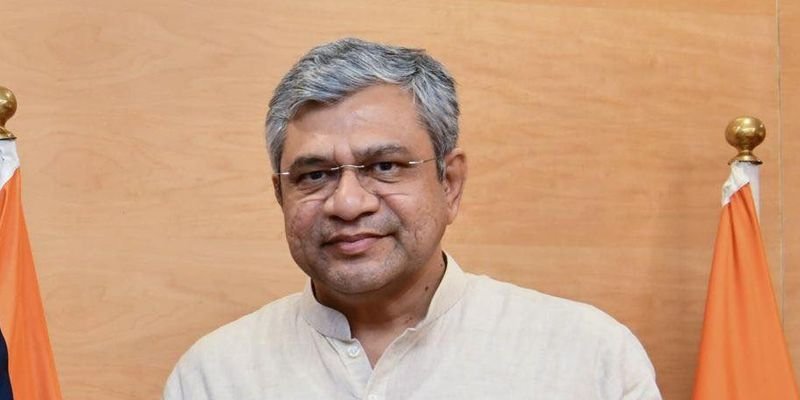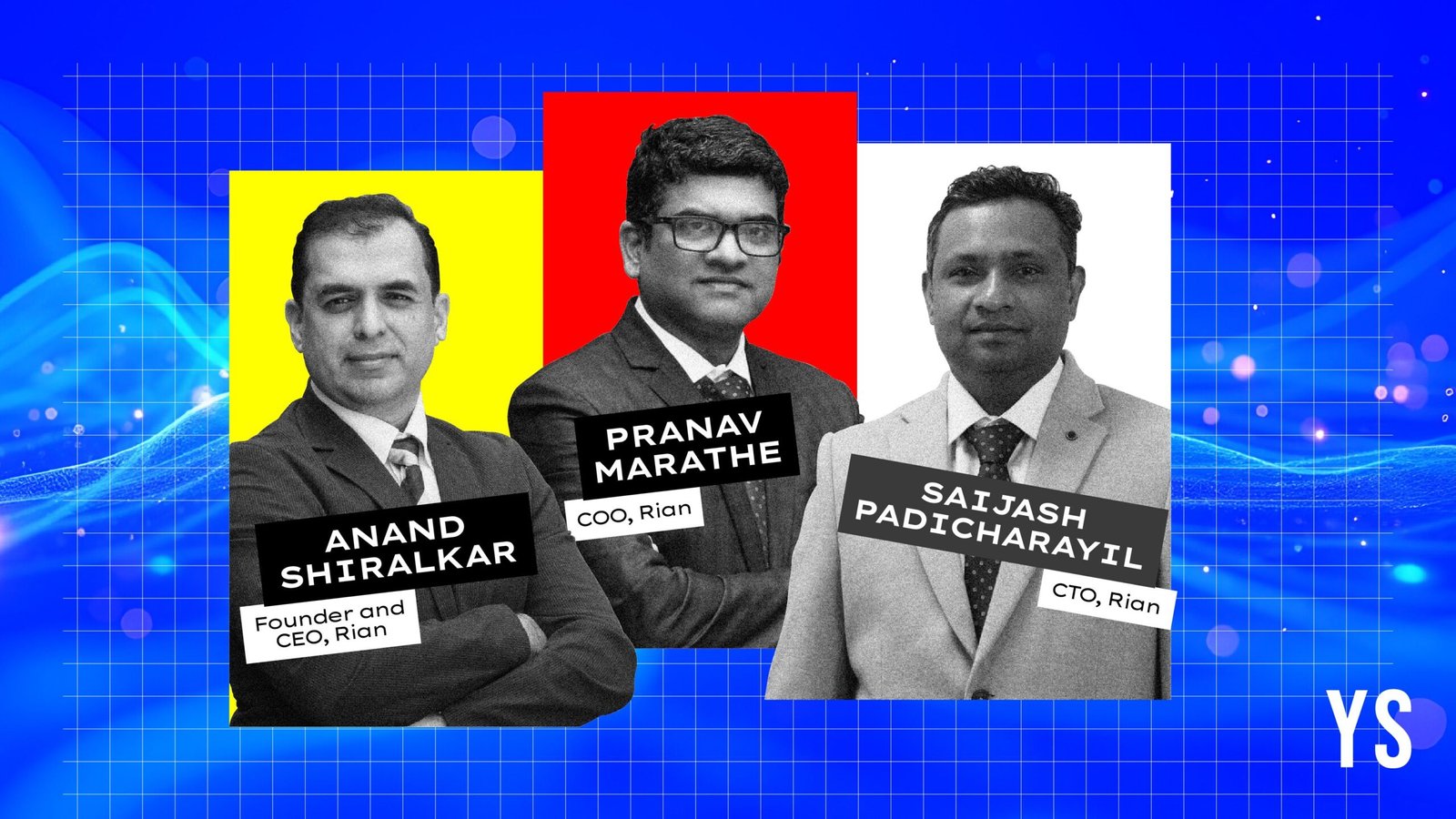AI Drones, DNA Labs, and Justice: UP’s Big Leap in Forensic Science


A world-class vision
UPISFS is the realisation of Chief Minister Yogi Adityanath’s dream project. At its inauguration, he insisted on a simple but ambitious directive: make it world-class. That ambition has now taken shape in three flagship facilities the AI Drone and Robotics Lab, the DNA Diagnostic Centre, and the Atal Library. Together, they reflect a state stepping boldly into the future of justice.
AI drones in the service of justice
The AI Drone and Robotics Lab is the first of its kind in India. It uses artificial intelligence to enhance surveillance, crime scene mapping, and data collection in places that may be too dangerous or inaccessible for investigators. Whether in disaster-hit areas or remote crime scenes, the lab allows forensic teams to gather evidence with precision and speed.
By integrating robotics into forensic science, UPISFS has positioned itself at the forefront of how technology can transform investigations.
DNA diagnostics: answering the toughest questions
Equally transformative is the DNA Diagnostic Centre, named after Padma Shri Dr. Lalji Singh, the pioneer of DNA forensics in India. The lab addresses one of the toughest challenges in criminal justice—identifying remains in extreme conditions.
Dr. G.K. Goswami, the institute’s founding director, explains: “When a body is completely charred in a fire, or when only trace samples are available, ordinary labs often fail to provide answers. Our lab is built to handle these toughest cases.”
He points to recent disasters like the fire in Gujarat, where high temperatures left bodies unrecognisable. In such situations, DNA analysis becomes the only reliable tool. The lab is also capable of handling mixed or degraded samples, offering clarity where ambiguity once prevailed.
Knowledge at the core
Supporting these facilities is the Atal Library, a modern repository of forensic and legal knowledge. It ensures that UPISFS is not just about cutting-edge equipment, but also about research, education, and continuous learning. For students and researchers, it provides access to resources that keep them aligned with global best practices.
Taking forensics to the field
The institute is not confined to its campus. It has also rolled out mobile forensic vans, equipped with gloves, packaging tools, and digital equipment, to ensure crime scenes are handled professionally. In the past, evidence collection often suffered from contamination or mismanagement due to a lack of resources.
Now, with mobile labs reaching incident sites, forensic evidence is preserved systematically, strengthening the integrity of investigations.
Training the next generation
UPISFS also serves as a training ground. It has already trained army officers in cyber forensics, as well as police, RPF, and customs officers in handling digital and physical evidence. The aim is not just to create forensic experts, but to upskill the broader ecosystem of law enforcement.
For students, this opens up new career opportunities. With India’s new laws making forensic evidence mandatory in serious crimes, the demand for skilled professionals is only set to grow.
Raising the bar for India
For a state as large as Uttar Pradesh, home to 250 million people, the implications of such facilities are profound. Advanced labs ensure that cases are supported by credible evidence, building public confidence in justice delivery. They also make the state a hub for innovation, attracting global attention and setting benchmarks for others to follow.
Dr. Goswami believes India has the talent to lead the world in forensic science. “Our IIT graduates have already transformed global technology companies. Why should we not set the standards in forensics, too? ” he asks.
His conviction is that with the right opportunities, India can not only catch up with the developed world but also create new models for others.
Conclusion
From AI drones to DNA diagnostics and mobile forensic vans, Uttar Pradesh is redefining how science supports justice. These world-class labs, backed by training and research, are bridging gaps that once plagued investigations.
UPISFS is not just another institute—it is a statement. It signals that India can set global standards in forensics and that justice, powered by science, can be both accessible and reliable.
Discover more from News Hub
Subscribe to get the latest posts sent to your email.






